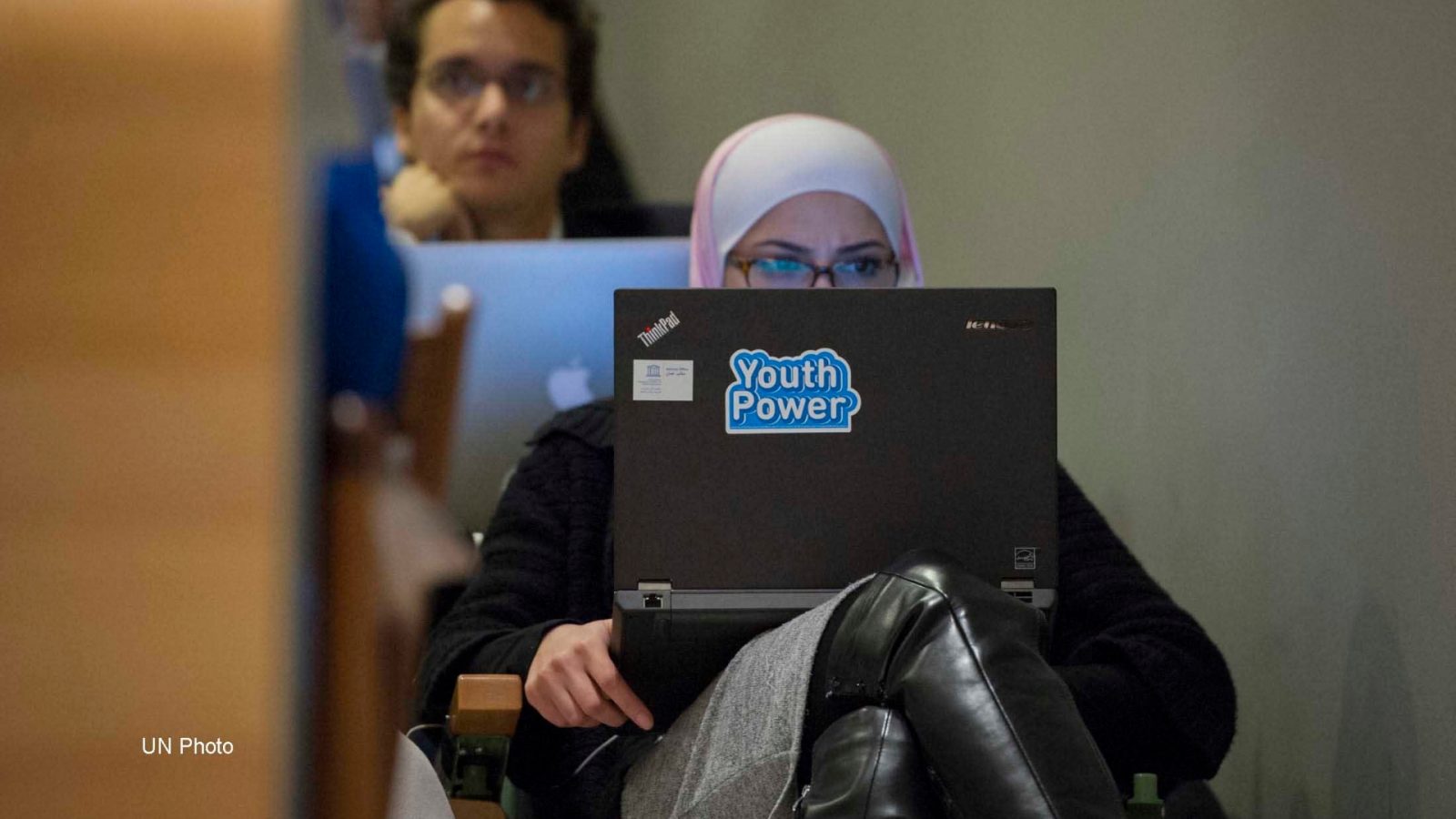ENVIRONMENT
The UN Environment Programme’s Young Champions of the Earth 2020


Michaela Waters
25th February 2021
The United Nations Environment Programme has recently announced their Young Champions of the Earth winners for 2020. There are seven amazing individuals recognised as environmental innovators in their local communities.
The first winner, Fatemah “Fatima” Alzelzela is a 24-year-old female electrical engineer from Kuwait. She is the founder of the Eco-Star project, which she launched in her last year of studies. Although Kuwait holds the title of one of the richest countries in the world, it, unfortunately, does not have the best environmental health. They don’t have an efficient waste system. Recycling is not utilised as 90% of waste goes to one of the eighteen landfills. This means only 10% is reused to encourage a more sustainable, less wasteful living environment. Kuwait also suffers from air pollution and currently offers limited functioning green areas. Eco-Star has attempted to combat this by assembling a team focused on the collection of recyclable materials and liaising with recycling factories. Eco-Star works with agricultural companies, in exchange for waste, they give plants and trees to individuals and organisations in Kuwait. Eco-Star has covered a huge amount of more than two-thousand waste-receiving operations like schools, companies and restaurants. This project sounds absolutely amazing as it has focused on changing the mindset surrounding waste. Instead of looking at waste negatively, Eco-Star is changing the view of recyclable waste as a resource to be saved and utilised.
The next winner, Lefteris Arapakis, is a 26-year-old Greek Entrepreneur, a co-founder of Enaleia. The fishing sector is personal for Lefteris as he belongs to a five-generation family of fishermen. Through Enaleia, a school for professional fishing has been created. Mediterranean fishermen have commonly experienced getting plastic in their nets instead of fish. Through the professional fishing schools, a plastic clean-up of the sea has been introduced, encouraging new and old fishermen to participate as it lets the declining fish stocks to recover and increase. The fishermen also receive an income from their plastic they haul in instead of fish. The Mediterranean CleanUp has also cleverly benefited from the collected marine waste, by working with companies to make eco-friendly products like t-shirts and socks. Currently, they remove more than 1.5 tonnes of plastic each week, that is the weight of a Great White Shark and a half.
The third winner, Max Hidalgo Quinto is a 30-year-old scientist from Peru. Water is essential for human survival as our body is made up of 60% water. Max has created YAWA, a portable, sustainable technology which has the capacity of getting up to three-hundred litres of water every day from humidity and mist in the air. This is an innovative way of providing access to drinking water in areas that may not have clean water and providing alternative water to use for agriculture purposes. YAWA will be a valuable resource for the future as it is expected that thirty-three countries will have water shortages in 2040, which is only nineteen years away.
The fourth winner, Niria Alicia Garcia is a 28-year-old indigenous environmental activist from America. She is studying for a Masters in Human Rights at Columbia University. Run4Salmon is a conservation project that has been led by indigenous people for the past four years. Indigenous people make up less than 5% of the global population however they are responsible for over 80% of the world’s biodiversity. Climate change has posed a risk for many species of extinction, specifically the endangered Chinook salmon that make a 300-mile journey (five hours in a car!) along California. This project strives to create campaigns, advocate and deliver an educational programme on indigenous people. Run4Salmon has spoken to government officials, lawyers and members of the public. Currently, they are working on a virtual reality tour for people to access online.
“YAWA will be a valuable resource for the future as it is expected that thirty-three countries will have water shortages in 2040, which is only nineteen years away.”
The fifth winner, Nzambi Matee is a 29-year-old engineer from Kenya. He has created Gjenge Makers whose mission is to build a greener, more sustainable Kenya. Kenya has a huge housing problem, which is tackled through Gjenge Makers activity of converting plastic waste (bottle tops and seals) and sand into cheaper building materials. They have partnered with plastic manufacturers in the beverage and pharmaceutical industries to collect scraps. They have created an income for over one-hundred-and-twelve people, the majority of which being women and youth groups who are involved in the production process. The alternative building materials that are produced have been successful and are received very positively in Kenya. Currently, they have a higher demand than they can produce as the main challenge of theirs is increasing their production quantity. Gjenge Makers has been responsible for recycling nearly 500 kg of plastic waste a day and produce about five-hundred to one-thousand bricks per day!
The sixth winner, Vidyut Mohan is a 29-year-old Indian entrepreneur. Takachar, has focused their efforts on increasing the level of waste that is converted into products. The social enterprise has allowed farmers to earn an extra income through their crop residue, up to 40% more! Through the prevention of burning their waste, Takachar’s work also reduces air pollution. By 2030, 300 million farmers will be impacted and Takachar will create $4 billion a year of extra income and jobs for local people. Takachar will also mitigate one gigaton a year of carbon dioxide, CO2, which is equal to 1,000,000,000,000 kilograms.
The seventh winner, last but not least, Xiaoyuan Ren, is a 29-year-old Chinese environmental engineer. She has founded MyH2O, a data platform for clean water in China. Shockingly, over 300 million people in rural China still do not have regular access to clean drinking water. Lack of information has made this issue hard to tackle, as clean water providers don’t know where their services are needed most. MyH2O Water Information Network, addresses this problem by collecting clean water data and aiming to connect water resources with rural communities. MyH20 has grown its network to over one-hundred field teams covering over three-thousand-eight-hundred datasets in nearly one-thousand villages across twenty-six provinces in China. They have successfully provided clean water stations in rural villages to tens of thousands of villagers!
